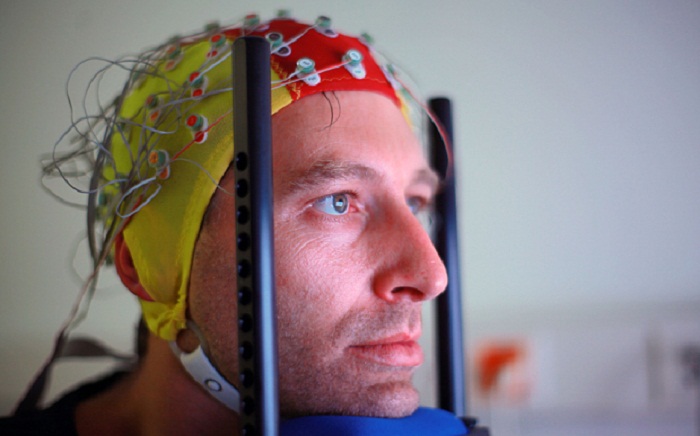Playing 3D video games boosts your memory within days

That`s the same amount it reportedly decreases between the ages of 45 and 70.
As part of the study, neuroscientists at University of California, Irvine recruited university students with no gaming experience to play either Angry Birds (a 2D game on their mobiles) or Super Mario 3D World, which has an "intricate, 3D setting." The students played for 30 minutes per day over two weeks.
"The 3D games have a few things the 2D ones do not,” said Craig Stark, one of the authors of the study. “They’ve got a lot more spatial information in there to explore. Second, they’re much more complex, with a lot more information to learn.”
Before this two week period, the students took a memory test involving a series of images of everyday objects that had to be categorised. After the video-game play, the test was given again but with slightly altered images. Recognising the images have been altered is something we get worse at, as we get older.
These students got 12 per cent better at it.
Other researchers have also experimented with the effects of Super Mario on the brain and found it has a positive effect. For instance, Professor Simone Kuhn from the Max-Planck Institute of Human Development, in Berlin, found that playing Super Mario for two months led to parts of volunteers` brains actually growing in size - particularly areas involved with navigation and motor control.
"This is a highly interesting and valuable study [because] it may imply that even 2 weeks (not the 2month that we trained our subjects for) is sufficient to yield...cognitive gain," said Professor Kuhn, who was not involved with the UCI study.
Professor Stark said that the next step was to use this research to help older people reverse or slow the effects of ageing on the brain.
"While we can’t all travel the world on vacation, we can do many other things to keep us cognitively engaged and active. Video games may be a nice, viable route.”















































